The varsity coaches decision between loyal upperclassmen vs. young talent
The varsity coach’s decision between loyal upperclassmen vs. young talent
By Amore Fannon
For student-athletes, sports season is always on the mind, but what is just as important as sports season… tryouts and finding out what rosters we make.
I remember seeing the lineups for our school’s JV and varsity girls´ lacrosse teams. The first thing that I noticed was that all of the varsity team was made up of upperclassmen except for one. I knew that I was not the only student-athlete to go through this, to look at the roster in confusion.
Varsity teams are often built around a core group of seniors. For some students, it may seem like playing on varsity is just another senior privilege, but does being a senior align with your talent?
It got me thinking: Are upperclassmen really better than everybody else or do the coaches not want to destroy their upperclassmen ego?
I wanted to take a deeper dive into the situation and get the answers myself and many others have been looking for. I asked Oakmont coaches multiple questions regarding the topic, and here is what I thought stuck out the most.
The first person I interviewed was Daniel Dufour, boys´ and girls´ indoor track coach. The first question I asked him was ¨What do you think of when you hear loyal upperclassmen vs young talent?¨
Dufour said, ¨When I hear about loyal upperclassmen I think about older athletes who have been with the team for a long time and who stick with the team through good seasons and bad seasons. I think of athletes who are loyal to the sport. Not just to competing, but to all aspects: practicing, training, staying healthy, and the spirit of the sport. When I think about young talent, I think about athletes who show promise in the sport and need guidance to get to the “loyal” level. They have initial raw talent, but they need training, encouragement, and role models to turn them from talented youth to a teammate.¨
Grade level affects more than younger athletes’ relationships with their teammates, it can also affect if they are selected for the varsity team. But it is only one piece of the decision-making process that coaches go through.
The next person I interviewed was R.Lincon Stiles, boys’ soccer varsity coach. I asked him what variables do you consider when choosing athletes regarding this topic. Stiles said, ¨Really it’s a numbers game, I only have 21 uniforms for soccer then I´ll choose who I think will be the 22 most impactful players to allow us to compete. When it comes to upperclassmen, I factor in the number of kids I have vs. if their ability is enough to keep them on the team.¨
The differences in experience and player compatibility are not the only factors that account for the gap in skill level typically seen between underclassmen and upperclassmen.
My next interview was with Timothy Caouette, baseball coach, I asked him: Admittedly, it must be difficult for coaches to evaluate a large number of individuals for varsity rosters with only limited tryout time. Discuss the amount of preseason scouting, research, or film study that was done before or during the try-out period. Do you think that these are good or bad practices? Caouette said, “I think it is good to have kids in your program that you have prior knowledge about, you could definitely benefit from it. When it’s a new athlete you have to remember you don’t have the same body of information to compare them to others, so a lot of times you are just projecting how you think these new individuals are going to fair against comparable competitors.¨
Not only do underclassmen on varsity get valuable tips from upperclassmen, but underclassmen on varsity also get more recognition and exposure from their coaches than they would if they were on junior varsity. The downside is underclassmen on varsity may be lowerd on the amount of game time.
I asked Scott McGrath, football coach, How do you inform student-athletes of their placement on the roster? He said, ¨I would have a 1:1 meeting or a meeting between the coaching staff and the athlete. I also asked him what the pros and cons of having underclassmen on varsity are. Pros: experience, might speed up their development if ready. Cons: could “waste” a year if they are not playing enough, could give an athlete a false sense of entitlement which could affect effort in the future.”
High school varsity sports inspire tight-knit connections between teammates through intense training sessions and a shared sense of responsibility to the team.
Practicing with better athletes isn’t always smooth sailing. My last interview was with Katrina Sinclair, Softball coach, I asked her for any advice to younger athletes trying to make varsity sports. She said ¨Students who have a true passion and love for the sport typically show that through their work ethic, sometimes effort and attitude count more than skill.¨
Surely, there are differing perspectives of how one may look at this ongoing dilemma in the sports community. With the amount of research and professional opinions, I believe this article has proven many lessons and goes to show the key to success is hard work.

Amore Fannon is a part of the Class of 2025 at Oakmont Regional High School. This is her first year being a part of The Oakmonitor. Not only is she a part...


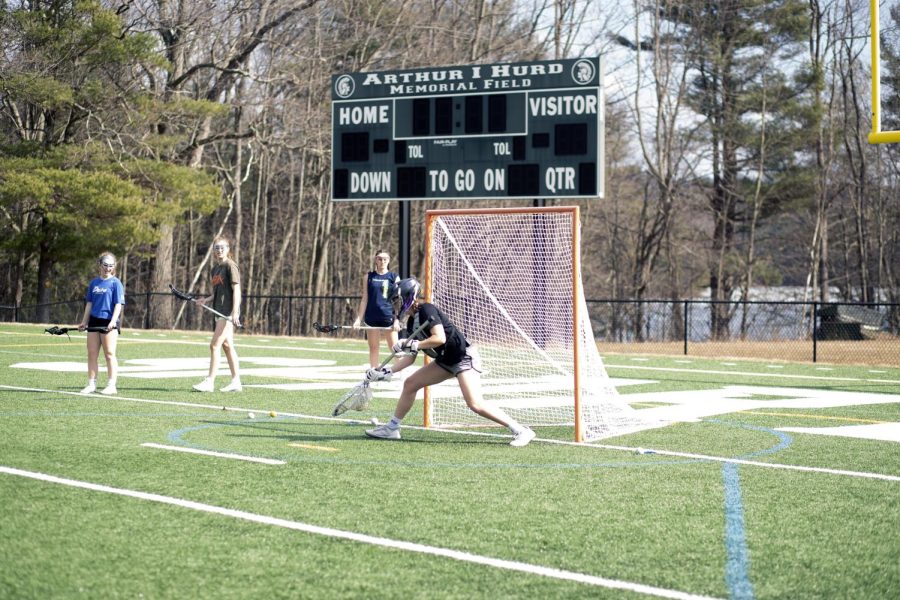

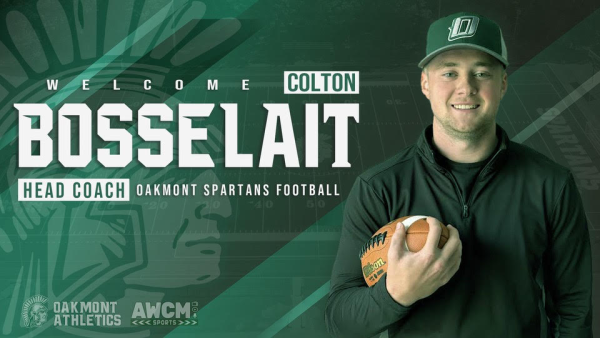
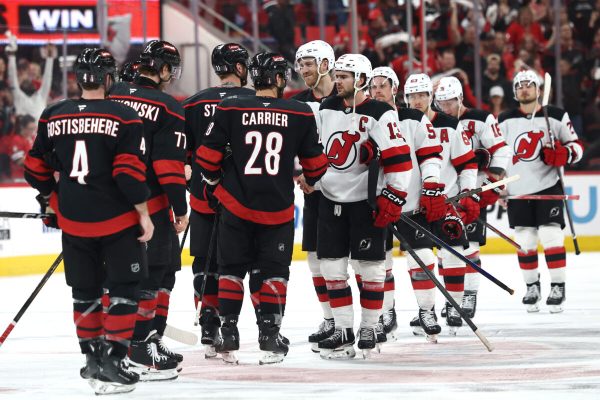

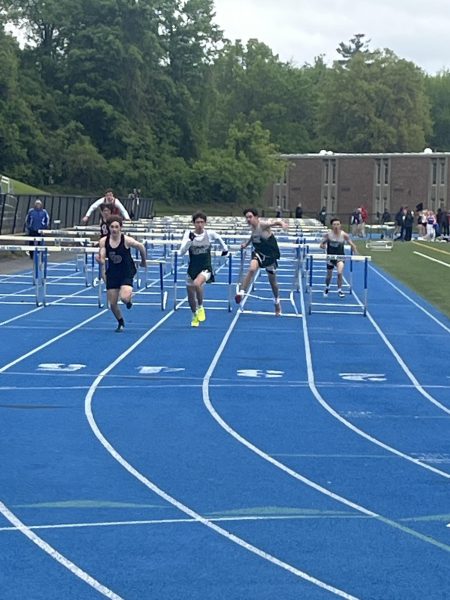
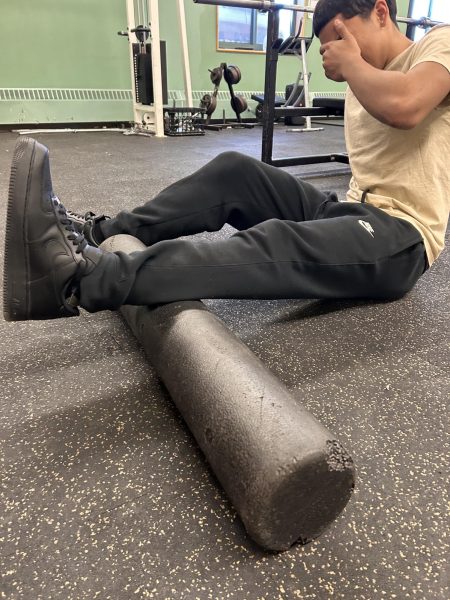
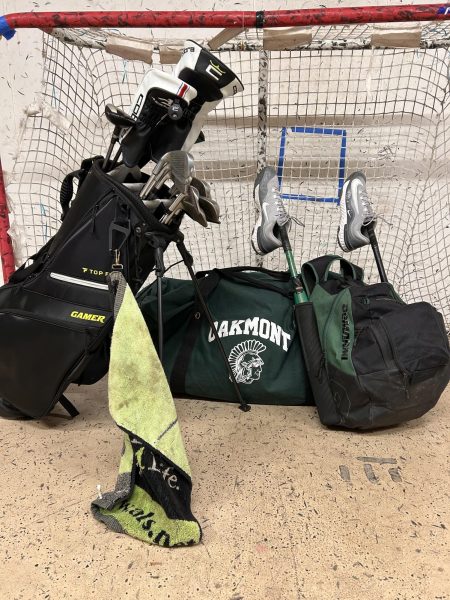
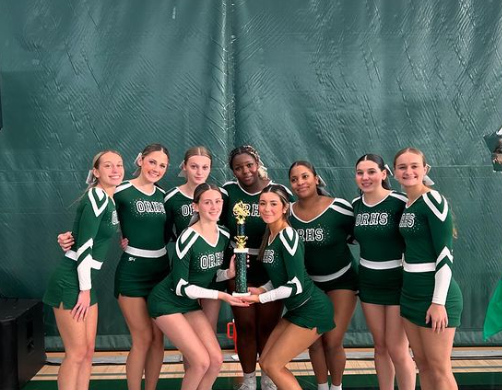
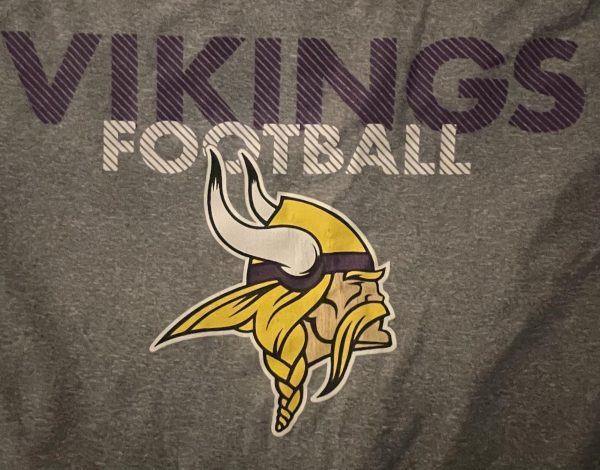
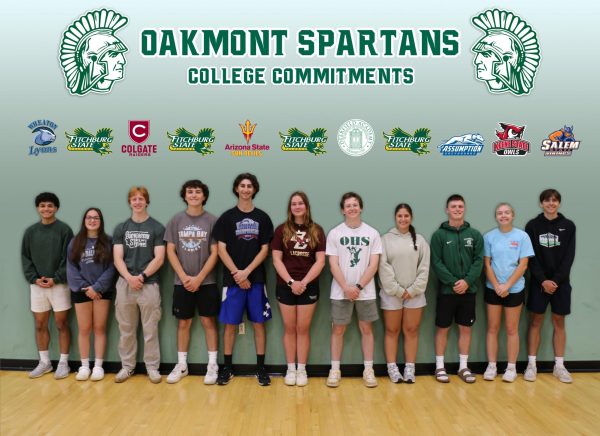
adviser • Mar 9, 2023 at 10:42 am
Interesting perspectives on a difficult decision for so many coaches